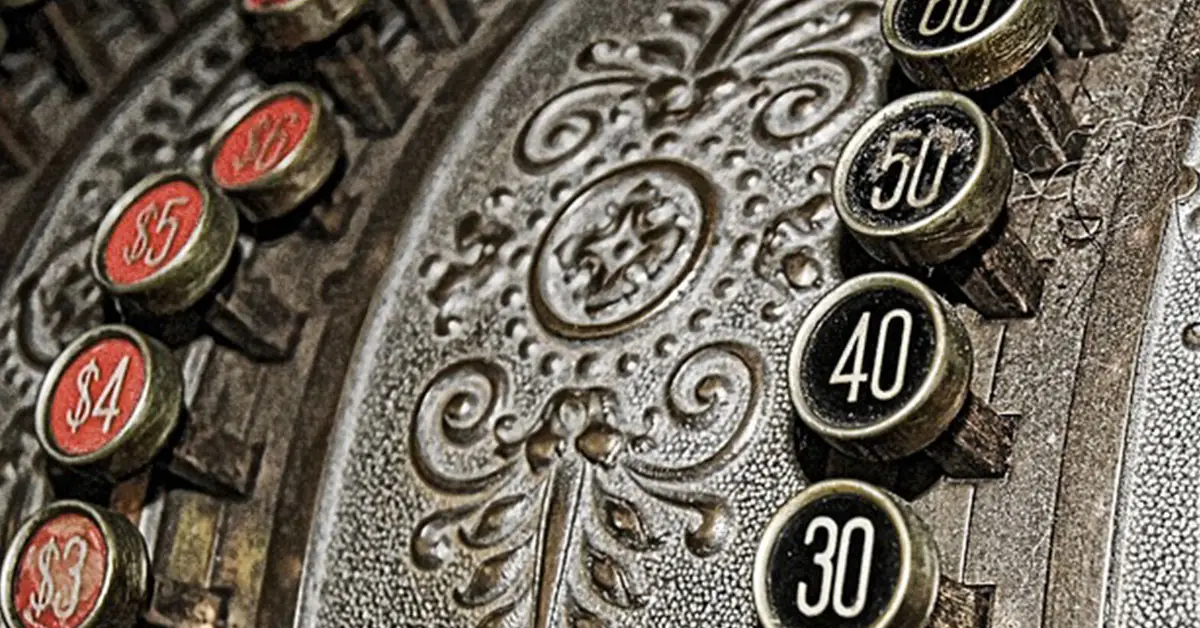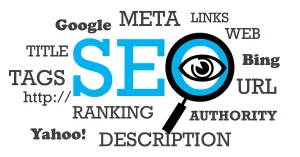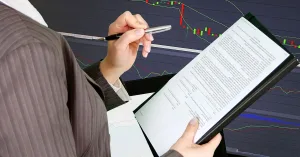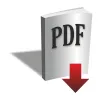For people who are not in the accounting profession, fascinating would surely not describe anything to do with accounting. But for math heads who keep books, accounting does offer some fascinating aspects. Unless you are a bookkeeper, accountant or CPA, you won't understand the satisfaction that comes with balancing a ledger sheet.
Today the Rules of Thumb blog from MoneyThumb would like to take the subject of fascination one step further and review the history of accounting. It really is VERY interesting. We found the following fascinating facts about the history of accounting at Investopedia:
"The name that looms largest in early accounting history is Luca Pacioli, who in 1494 first described the system of double-entry bookkeeping used by Venetian merchants in his “Summa de Arithmetica, Geometria, Proportioni et Proportionalita.” Of course, businesses and governments had been recording business information long before the Venetians. But it was Pacioli who was the first to describe the system of debits and credits in journals and ledgers that is still the basis of today's accounting systems.
The industrial revolution spurred the need for more advanced cost accounting systems, and the development of corporations created large groups who were not part of a firm’s management but had a vested interest in the company’s results—namely, shareowners and bondholders who provided external financing. The rising public status of accountants helped to transform accounting into a profession, first in the United Kingdom and then in the United States. In 1887, thirty-one accountants joined together to create the American Association of Public Accountants. The first standardized test for accountants was given a decade later, and the first CPAs were licensed in 1896.
The Great Depression led to the creation of the Securities and Exchange Commission (SEC) in 1934. All publicly-traded companies were required to file periodic reports with the Commission which had been? certified by members of the accounting profession. The American Institute of Certified Public Accountants (AICPA) and its predecessors had responsibility for setting accounting standards until 1973 when the Financial Accounting Standards Board (FASB) was established. In WHEN TK, the AICPA, and the FASB began to establish the Generally Accepted Accounting Principles (GAAP) standards for the U.S. The accounting industry thrived in the late 20th century, as the large accounting firms expanded their services beyond the traditional auditing function to many forms of consulting. However, as their responsibilities expanded beyond that of financial watchdog, accounting firms also began to get embroiled in corporate scandals.
The Enron scandal in 2001 had broad repercussions for the accounting industry. One of the top accounting firms, Arthur Andersen, went out of business and, under the Sarbanes-Oxley Act, accountants faced tougher restrictions on their consulting engagements. One of the paradoxes of the profession, however, is that accounting scandals generate more work for accountants, and demand for their services continued to boom throughout the early part of the 21st century."
If you are a bookkeeper, accountant, or CPA we think you will agree that the above information is quite fascinating. The Rules of Thumb blog from MoneyThumb hopes you enjoyed learning about the history of accounting enough to share this blog post with your friends on social media. They might also enjoy learning about the fascinating history of accounting.




















Add comment